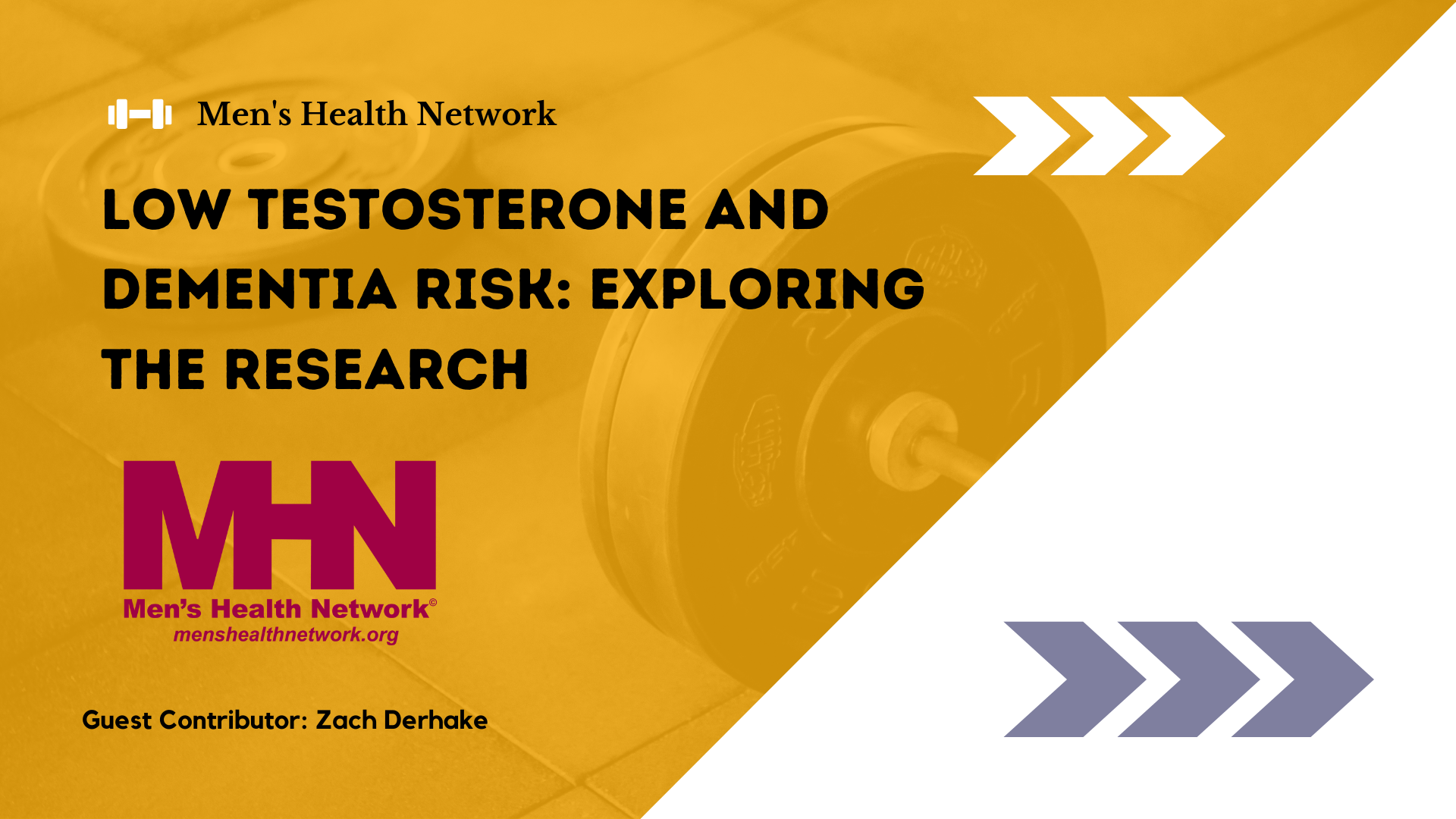Is testosterone therapy really all it’s cracked up to be? Does it really help your sex life? Does it actually help you live longer? Is testosterone the medicinal Holy Grail for men? And how, pray tell, have we come to believe that anabolic-suffused competitive bodybuilders, those (spray) tanned Adonis’ with ripped, ballooned muscles everywhere, are truly “healthy” when in fact they are not: their mortality rate as young men is unspeakably high. Yet there are those, including my patients, who swear by testosterone as the secret sauce to their quality of life. They just wouldn’t be the same without it. So, maybe the 1st Century BC Roman poet Lucretius was right when he said that one man’s cure is another man’s poison.
“Vitamin T” Benefits
What does testosterone actually do? During development, it helps male fetuses develop male genital organs. At puberty, it turns boys into men by helping them grow tall, build muscle, and become fertile. In adult men, it maintains fertility and sexual function, and preserves muscle and bone mass. The best data on the benefits of testosterone come from The Testosterone Trials, a group of 7 double-blind trials in 788 men. These men averaged 72 years old and had very low testosterone levels, which were boosted to levels considered the mid-normal range for young men and followed for a year. Here what testosterone did for them:
- Sexual desire, erections and sexual activity increased.
- Improved mood, lessened depressive symptoms, but did not increase energy.
- Increased 6-minute walk distances.
- Improved blood counts.
- Improved bone density and bone strength.
This all fits in with my analogy that, like oil in an engine, testosterone keeps things running smoothly as we age. Likewise, when the “oil” of testosterone is low, you could say that the engine wears out faster and doesn’t work as well or as long as it should. Note too, that when testosterone levels are truly low in much younger men, we would expect more benefit than that obtained in the older men in the T-Trials.
Testosterone: Myths
Clearly normal testosterone levels are good for the body. But what testosterone doesn’t do is also worth noting:
- It’s not a common cause of either erectile dysfunction or low sex drive.
- By itself it will not help you build muscle or lose fat.
- It does not increase energy levels substantially.
- It will not help you live forever.
- It will not get you more dates or make you a sex machine.
- It will not make you taller as an adult.
The Small Print
There are a lot of ways to take testosterone these days: applied gels or creams, injections, implants, patches, buccal adhesives and most recently, pills. However, if you’re considering taking testosterone, also consider its potential side effects and complications:
- Fertility will be impaired as testosterone supplements are effective contraceptives.
- Testicles will become smaller and softer.
- Blood counts can increase, leading to thick blood, leg clots and strokes.
- Male pattern baldness will be accelerated.
- Breast enlargement and tenderness.
- Acne can return. Skin may become oily.
- Sleep apnea and prostate enlargement may worsen.
- Monitoring for prostate and breast cancer is more important.
- Possible increased risk of heart attacks.
Doctor’s Orders
In my practice, this plethora of pluses and minuses are applied to each patient considering testosterone replacement. I also perform a root cause analysis to decide whether the symptoms might be due to a dozen or so underlying (and treatable) medical conditions that can mimic or result in low T. It’s also impressive how often simple lifestyle choices that encourage exercise, healthy eating and adequate sleep may “cure” symptoms that were attributed to low T. The bottom line is taking testosterone is a serious commitment to a serious medication and needs some serious thought and so I urge you to consult with an expert before beginning this medical odyssey.
This post was originally published to Dr. Turek’s blog.
Photo by Jeffrey Keenan on Unsplash




